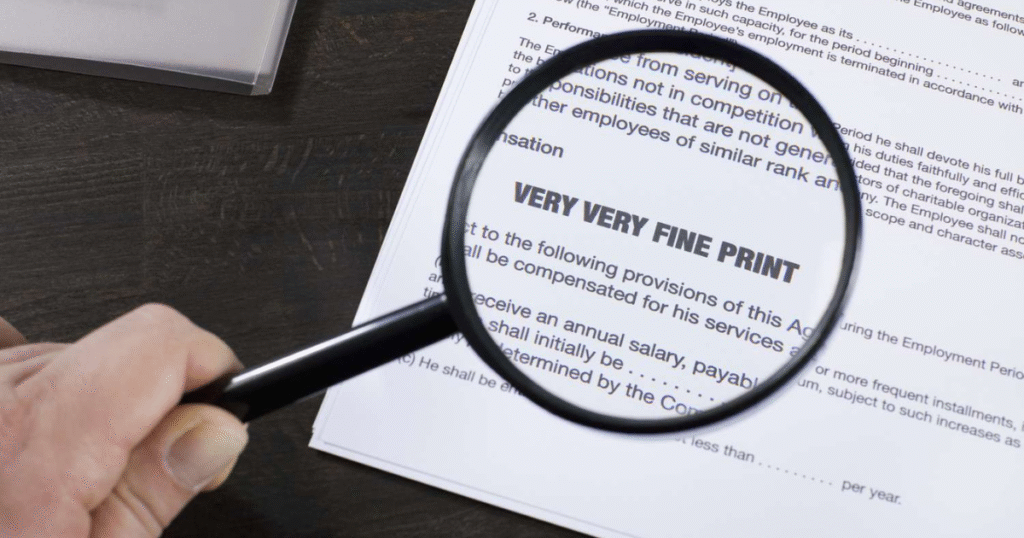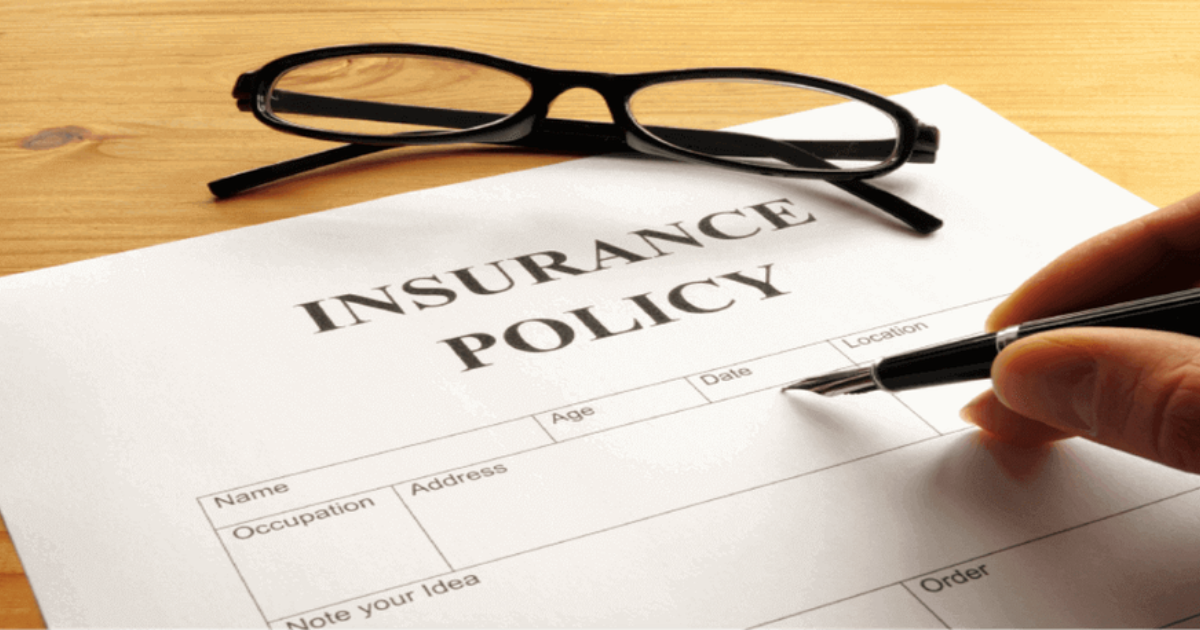Choosing the right insurance policy is a critical step toward securing your financial future and protecting your assets. Whether it’s health, life, auto, or home insurance, making the wrong choice can lead to insufficient coverage, higher costs, or denied claims when you need help most. Unfortunately, many people fall into common pitfalls when selecting their insurance policies. This article highlights the top 10 mistakes to avoid to help you make a well-informed decision that suits your needs.
Why Choosing the Right Insurance Policy Matters
Insurance policies are designed to provide financial protection and peace of mind. They act as a safety net against unforeseen events such as accidents, illnesses, natural disasters, or loss of life. Choosing an inappropriate or insufficient policy could leave you exposed to financial risks, while over-insuring could waste your hard-earned money on unnecessary premiums. Understanding your requirements and the nuances of insurance policies is essential to avoid costly mistakes.
Top 10 Mistakes to Avoid When Choosing an Insurance Policy
1. Not Assessing Your Actual Needs
Many people pick insurance policies without a clear understanding of what they really need. Purchasing a policy based on hearsay or popular trends can lead to either underinsurance or overinsurance.
- Underinsurance means your policy does not cover enough risks or the insured amount is too low.
- Overinsurance leads to paying higher premiums for unnecessary coverage.
Tip: Start by listing your assets, financial obligations, and risks. For health insurance, consider your medical history and family health background. For life insurance, evaluate your dependents’ future financial needs.
2. Ignoring the Fine Print and Policy Terms

Insurance documents can be dense and full of jargon. Avoiding a thorough review can result in unpleasant surprises when you file a claim.
- Exclusions, waiting periods, coverage limits, and claim procedures are critical details.
- Some policies exclude specific illnesses, pre-existing conditions, or types of damage.
Tip: Carefully read and understand the terms and conditions before signing. If anything is unclear, seek clarification or professional advice.
3. Focusing Solely on Premium Cost
While premium affordability is important, choosing the cheapest policy without comparing coverage can be a costly mistake.
- Lower premiums often mean higher deductibles, limited coverage, or more exclusions.
- A slightly higher premium might offer comprehensive protection and fewer hassles during claims.
Tip: Balance premium costs with coverage benefits and limits. Use the total cost of ownership approach, including deductibles and co-pays.
4. Overlooking Deductibles and Co-Payments
Many policyholders ignore how deductibles and co-payments affect their out-of-pocket expenses.
- A high deductible means lower premiums but higher costs during claims.
- Co-payments require you to pay a fixed amount or percentage for each claim.
Tip: Choose deductibles and co-payments based on your financial capacity. A policy with a manageable deductible can save you money when you need to make claims.
5. Not Comparing Multiple Policies

Buying a policy without comparing various options may result in missing better coverage or pricing.
- Different insurers offer varying terms even for similar types of insurance.
- Coverage benefits, claim settlement ratios, and add-ons vary widely.
Tip: Compare multiple policies side by side, focusing on coverage, exclusions, premiums, deductibles, and additional benefits.
6. Neglecting to Update the Policy as Life Changes
Your insurance needs evolve over time due to changes in lifestyle, family status, income, and assets.
- Sticking to the same policy for years without updates can leave gaps in coverage.
- For example, buying life insurance before having children might require an upgrade later.
Tip: Review your insurance portfolio annually or after major life events like marriage, childbirth, buying a home, or retirement.
7. Not Understanding the Claims Process
A complicated or misunderstood claims process can delay your benefits or result in claim rejection.
- Some policies require strict documentation or have limited claim filing periods.
- Lack of knowledge can cause stress during emergencies.
Tip: Before purchasing, understand the claim procedure, required documents, and timelines. Ask about claim support and dispute resolution mechanisms.
8. Ignoring Exclusions and Limitations
Every insurance policy has exclusions — scenarios where coverage does not apply.
- Common exclusions include natural disasters, acts of war, self-inflicted injuries, or pre-existing conditions.
- Overlooking these can lead to denied claims and financial loss.
Tip: Identify all exclusions and ensure you are comfortable with them or look for riders that cover those gaps.
9. Forgetting to Check the Policy’s Renewal and Cancellation Terms

Some policies have restrictive renewal conditions or penalties for early cancellation.
- Non-renewal or cancellation clauses may cause you to lose coverage unexpectedly.
- Premiums can also increase sharply at renewal.
Tip: Review renewal terms and cancellation policies carefully. Consider policies with guaranteed renewability if possible.
10. Failing to Disclose Relevant Information
Omitting or hiding important information during the application process can void your policy.
- Misrepresentation, even if accidental, may lead to claim denial or policy cancellation.
- Common omissions include pre-existing medical conditions or lifestyle factors.
Also Read : How To Choose The Right Small Business Insurance?
Conclusion
Choosing the right insurance policy requires careful thought, research, and ongoing attention. Avoiding the common mistakes discussed above can help you secure adequate protection without overpaying or facing unexpected coverage gaps. Remember, insurance is about peace of mind and financial security, so invest time in understanding your options, comparing policies, and regularly reviewing your coverage to keep it aligned with your evolving needs.
By approaching insurance decisions with diligence and care, you’ll be better prepared to handle life’s uncertainties confidently.
FAQs
Q1: How often should I review my insurance policies?
It’s recommended to review your insurance portfolio annually and after any major life event such as marriage, childbirth, home purchase, or change in employment status.
Q2: Is it better to have multiple insurance policies or one comprehensive policy?
It depends on your needs. Sometimes multiple specialized policies provide better tailored coverage, while comprehensive policies offer convenience. Always compare costs, coverage, and exclusions.
Q3: Can I negotiate the terms of an insurance policy?
While many standard policies have fixed terms, you can often negotiate add-ons, riders, deductibles, or coverage limits depending on the insurer.
Q4: What should I do if I don’t understand my insurance policy?
Seek assistance from a trusted advisor, financial planner, or insurance expert who can explain terms in simple language. Never sign a policy you don’t fully understand.
Q5: How can I avoid claim rejection?
To avoid claim rejection, disclose all relevant information accurately, understand the policy exclusions, follow the claim filing procedure, and submit required documents promptly.





